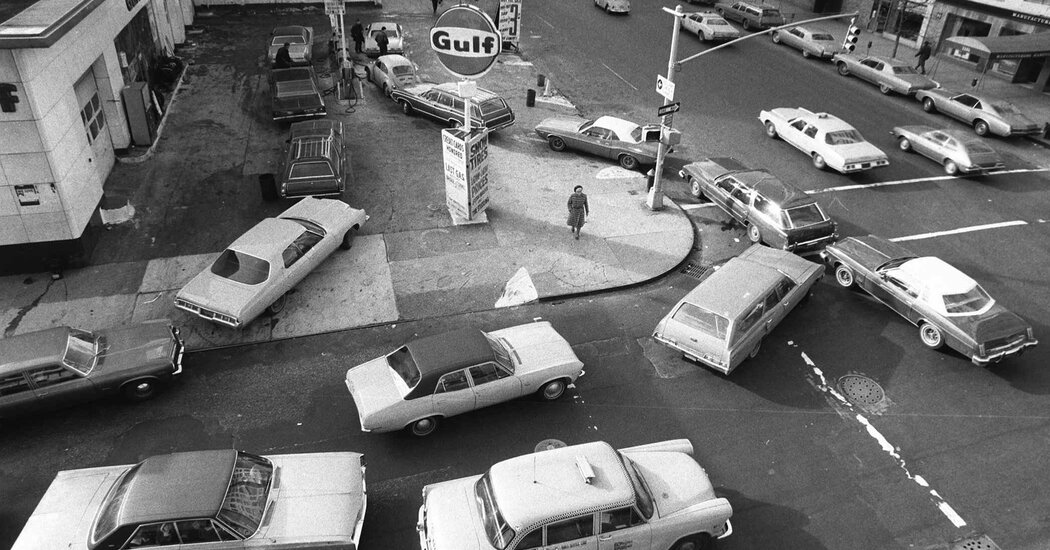
In a recent survey of 41 academic economists conducted by the University of Chicago’s Booth School of Business, 61 percent said that price controls similar to those imposed in the 1970s would fail to “successfully reduce U.S. inflation over the next 12 months.” Others said the policy might bring down inflation in the short-term but would lead to shortages or other problems.
“Price controls can of course control prices — but they’re a terrible idea!” David Autor, an economist at the Massachusetts Institute of Technology, wrote in response to the survey.
Have price controls worked in the past?
In August 1971, with consumer prices rising at their fastest pace since the Korean War, Mr. Nixon announced that he was imposing a 90-day freeze on most wages, prices and rents. Once the freeze ended, companies were allowed to raise prices, but subject to limits set by a council headed by Donald H. Rumsfeld, who later served as defense secretary for Presidents Gerald R. Ford and George W. Bush.
The controls initially looked like a success. Inflation fell from a peak of more than 6 percent in 1970 to below 3 percent in the middle of 1972. But almost as soon as the government began to ease the restrictions, prices shot back up, leading Mr. Nixon to impose another price freeze, followed by another round of even more stringent controls. This time, the controls failed to tame inflation, in part because of the first Arab oil embargo. The price controls expired in 1974, shortly before Mr. Nixon resigned from office.
Not all attempts at reining in prices have been such clear failures. During World War II, the Roosevelt administration imposed strict price controls to prevent wartime shortages from making food and other basic supplies unaffordable. Those rules were generally viewed as necessary at the time, and economists have tended to view them more favorably. In fact, there have been plenty of instances of wartime price controls throughout history, often paired with rationing and wage growth limits.
Why do some economists want to reopen the debate?
Few economists today defend the Nixon price controls. But some argue that it is unfair to consider their failure a definitive rebuttal of all price caps. The 1970s were a period of significant economic turmoil, including the Arab oil embargo and the end of the gold standard — hardly the setting for a controlled experiment. And the Nixon-era price caps were broad, whereas modern proponents suggest a more tailored approached.
Many progressive economists in recent years have reconsidered once-scorned ideas like the minimum wage in response to evidence suggesting that real-world markets often don’t behave the way simple economic models would predict. Price controls, some economists argue, are due for a similar reappraisal.



